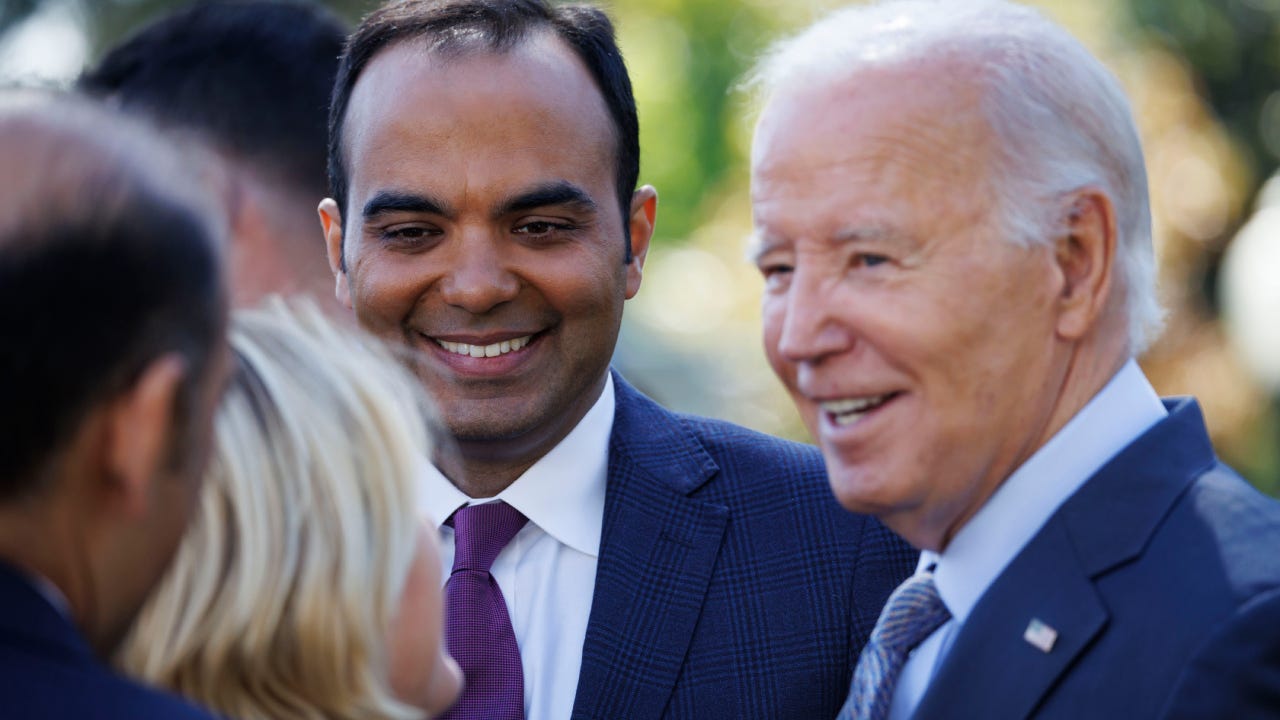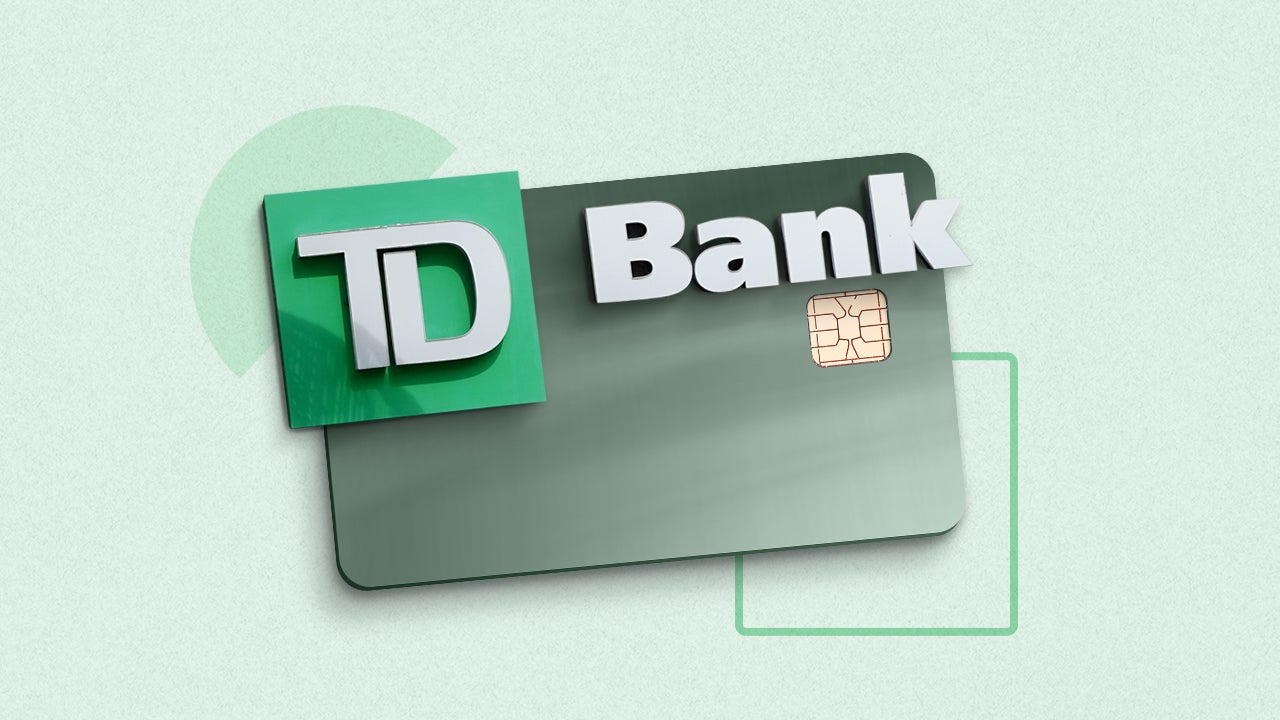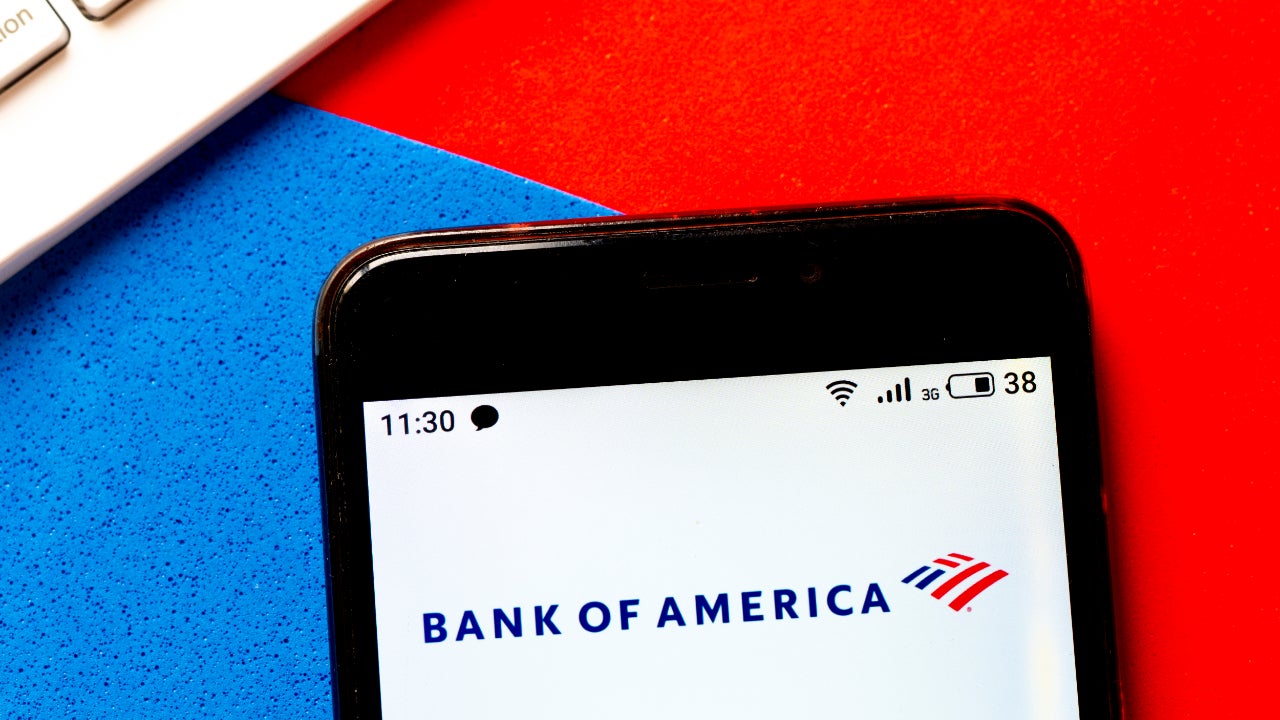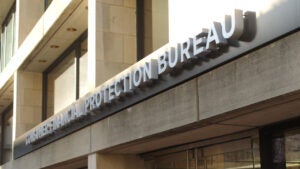CFPB rule to limit what banks can charge for overdrafts



The Consumer Financial Protection Bureau (CFPB) announced today that a new rule going into effect in October 2025 will cut overdraft fees and end a bank overdraft loophole that has cost Americans billions of dollars each year in unnecessary fees over several years, while benefitting banks.
The rule is meant to regulate overdraft programs, lowering overdraft fees at banks with at least $10 billion in assets, which includes approximately 175 of the largest banks in the US. It also regulates overdraft lines of credit under Regulation Z – a regulation that protects consumers from harmful or misleading lending practices.
According to the CFPB, as of earlier this year, there are some 23 million households that pay overdraft fees in any given year. The CFPB expects that its rule could save consumers up to $5 billion in fees per year; a potential savings of $225 per household that pays overdraft fees.
Earlier this year, the CFPB estimated that large banks are responsible for more than two-thirds of total marketwide overdraft fee revenue. “For far too long, the largest banks have exploited a legal loophole that has drained billions of dollars from Americans’ deposit accounts,” says CFPB Director Rohit Chopra in a press release. “The CFPB is cracking down on these excessive junk fees and requiring big banks to come clean about the interest rate they’re charging on overdraft loans.”
Some overdraft fees will be capped at $5 under the CFPB’s rule
Bankrate’s 2024 checking account and ATM fee study shows that the average overdraft fee was $27.08 this year, though overdrafts can sometimes be as high as $38 per transaction. Under the new rule, that should decrease drastically.
The new rule means that in October 2025, the more than 175 banks and credit unions under CFPB supervisory authority can still offer overdraft services, but they can only:
- Charge $5 or less for overdraft fees.
- Charge a fee that recoups the costs and losses of running the overdraft program, but the fee cannot generate a profit for the bank.
- Offer overdraft lending (sometimes known as an overdraft line of credit) as long as they follow requirements set out for regulated loans, including disclosing interest rates to consumers and allowing them to comparison shop.
What is the change to overdraft lines of credit?
Right now, the majority of overdraft loans aren’t covered under the Truth in Lending Act (TILA)/Regulation Z, due to an exemption back in 1968. The CFPB is closing this loophole, putting overdraft lines of credit under Regulation Z, which, among other things, will help consumers understand the true cost of borrowing money through a line of credit.
Four ways to avoid overdraft fees today
The CFPB’s proposed rule is expected to go into effect in October 2025. Until then, here are four ways consumers can avoid expensive overdraft fees:
- Find a bank that doesn’t charge an overdraft fee, especially if you think you’ll need to overdraft. About 94 percent of accounts still have overdraft fees – according to Bankrate’s 2024 checking account and ATM fee study – but there are banks that have lowered or eliminated overdraft fees altogether in the last few years.
- Bank with a financial institution that offers early direct deposit. A paycheck available a couple of days earlier could make the difference between your account balance going negative or having the money to pay for upcoming expenses.
- Budget to try and plan your spending to avoid overdraft fees.
- Check your balance using your bank’s app or the bank’s website to confirm your bank account balance before using your debit card or paying anyone. Some banks also allow you to set up alerts that tell you when your bank balance is getting low.
Bottom line
The CFPB’s latest rule to lower overdraft fees won’t go into effect until October 2025. Until then, your best bet to avoid these costly fees is to find a bank that doesn’t have overdraft fees, open an account that allows early direct deposit and monitor your budget and account balances.
Why we ask for feedback Your feedback helps us improve our content and services. It takes less than a minute to complete.
Your responses are anonymous and will only be used for improving our website.




